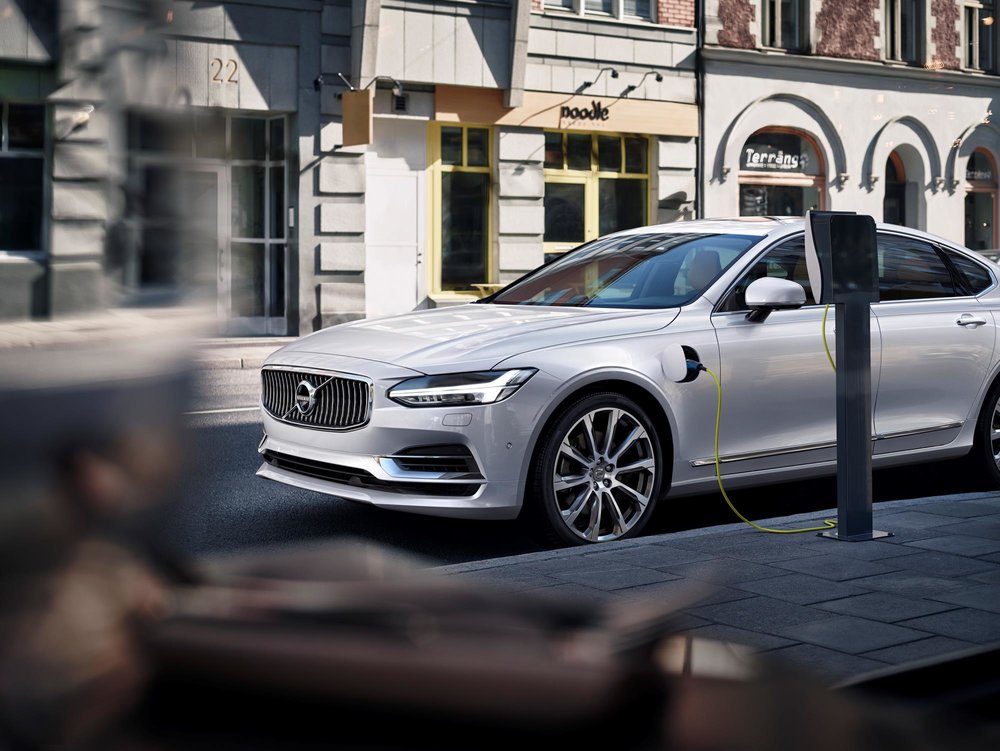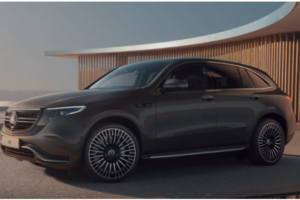Volvo Cars, the premium car maker, has announced that it aims to sell a total of up to one million electrified cars by 2025.

The Swedish company plans to achieve this aim by offering at least two hybrid versions of every model in its range and releasing its first all-electric car in 2019.
“It is a deliberately ambitious target,” said Håkan Samuelsson, president and chief executive of Volvo Cars. “It is going to be a challenge, but Volvo wants to be at the forefront of this shift to electrification.”
Volvo Cars has been readying itself for the emergence of electrified vehicles for the past five years. It has developed two all-new vehicle architectures for larger and smaller cars – Scalable Product Architecture (SPA) and Compact Modular Architecture (CMA) – that can incorporate either hybrid or fully electric car technology.
Its larger 90 series and 60 series cars are to be built on SPA, and it will soon launch a global range of smaller 40 series cars on CMA. All of these cars will have electrified versions. The one million electrified car target is a cumulative total.
Full details of Volvo Cars’ new electrified car pledge can be found in the Volvo Cars Sustainability Report 2015 (PDF).
The new electrified car pledge forms part of a wide-ranging review of Volvo’s strategic sustainability programme announced today, which contains several new commitments that place sustainability at the centre of its future business operations.
The new commitment has been christened ‘omtanke’, which is a Swedish word that means ‘consideration’ or ‘caring’.
Among the commitments being made by Volvo Cars are that it will impose climate-neutral operations by 2025, have 35 per cent of its leading positions held by women by 2020, move further towards its vision that by 2020 no one will be killed or seriously injured in a new Volvo, and work with international partners to promote sustainability.
“Sustainability is nothing new or something that sits outside our operations, it is something that forms an integral part of everything we do. It is simply our way of operating,” said Mr Samuelsson. “This new sustainability commitment reflects Volvo Cars’ fundamental belief that we must also grow responsibly.”
Full details of Volvo’s new wide-ranging sustainability commitment can be found in the Volvo Cars Sustainability Report 2015.
Volvo Car Group in 2015
For the 2015 financial year, Volvo Car Group recorded an operating profit of 6,620 MSEK (2,128 MSEK in 2014). Revenue over the period amounted to 164,043 MSEK (137,590 MSEK). In 2015, global sales reached a record 503,127 cars, an increase of 8 per cent versus 2014. The record sales and operating profit cleared the way for Volvo Car Group to continue investing in its global transformation plan.
About Volvo Car Group
Volvo has been in operation since 1927. Today, Volvo Cars is one of the most well-known and respected car brands in the world, with sales of 503,127 in 2015 in about 100 countries. Volvo Cars has been under the ownership of the Zhejiang Geely Holding (Geely Holding) of China since 2010. It formed part of the Swedish Volvo Group until 1999, when the company was bought by Ford Motor Company of the US. In 2010, Volvo Cars was acquired by Geely Holding.
As of December 2015, Volvo Cars had almost 29,000 employees worldwide. Volvo Cars’ head office, product development, marketing and administration functions are mainly located in Gothenburg, Sweden. Volvo Cars’ head office for China is located in Shanghai. The company’s main car production plants are located in Gothenburg (Sweden), Ghent (Belgium), Chengdu and Daqing (China), while engines are manufactured in Skövde (Sweden) and Zhangjiakou (China), and body components in Olofström (Sweden).



